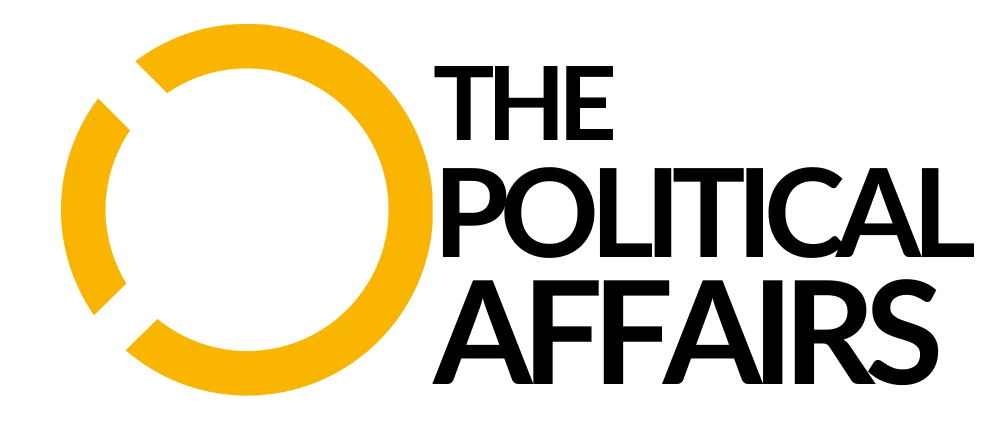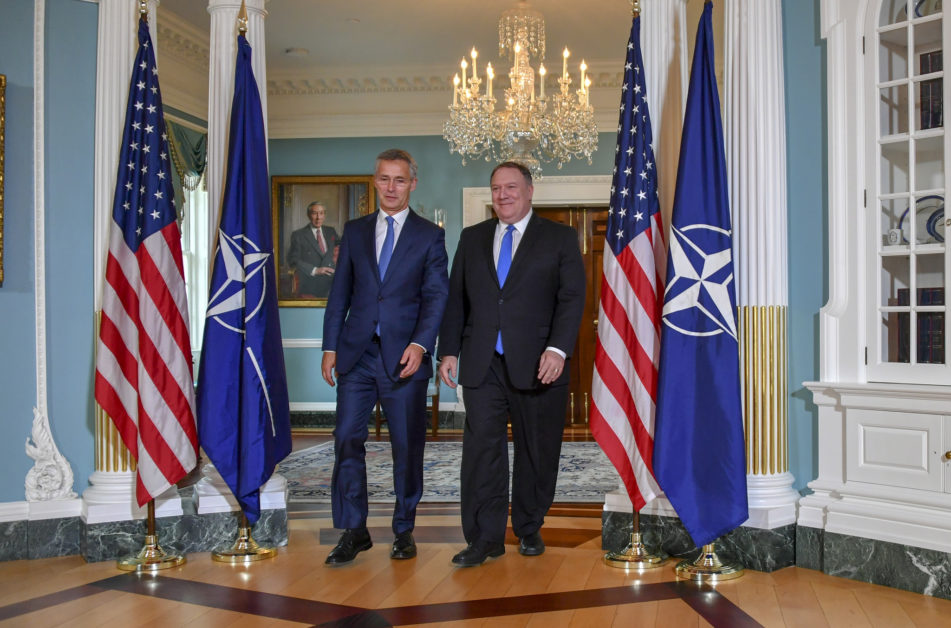After the Cold War and the definitive defeat of their longtime opponent USSR and the collapse of the Warsaw Pact, the real question was in which direction the US will pursue its next foreign policy? To be more precise, what is the new “grand vision” of US foreign strategy? From the visions which circled the discourse, it seemed that the consensus was to accept the strategy of cooperative security.
What is cooperative security?
Cooperative security is an expansionist concept of US foreign policy because the US has a large stake and a significant role in world peace and order. Behind this concept stands the liberal theory of international relations and liberal institutionalism. According to them, their countries should cooperate and act collectively through international institutions. Furthermore, the institutions should serve as a deterrent to potential aggressors. Also, the strategy advocates no further expansion of the countries that possess nuclear arsenals as one of the essential elements of security in the new era.
Perhaps the most crucial concept that opposes directly to the realism theory of this new vision is that it “does not see democracies as an important security issue.” Republican liberalism argues that democracies don’t go to war with each other, and since almost all the major powers are functional democracies, the possibilities of conflict are reduced.
Creating a new foreign policy
To succeed this project required a transformed NATO according to the official policy of the Clinton administration “Engagement and Enlargement”, NATO will also have to be activated and act on multiple fronts where the international organizations will not be able to act. For all the challenges that need to be addressed the US cooperative security “will have at least initially to provide disproportionate military power to establish global security regime.”
Following this strategy, NATO in 1995 conducted a “Study on NATO enlargement “, which stipulated that by the end of the Cold War there was a need and a unique opportunity to build a better “security architecture” in the whole Euro-Atlantic area without renewing the old lines of division. It is concluded that enlargement will increase security and stability in the region and will promote “good-neighbourly relations.”
The expansion will achieve democratic control of the armed forces and will support and encourage democratic reforms in Eastern Europe. It will also increase confidence between countries and promote further integration into European institutions. Finally, the document declares that the decision on membership would be made by consensus and “no country outside has the right of veto and obstruction” of the enlargement process.
Why should NATO follow enlargement policy?
Supporters of the expansion argue that NATO in the region will deter Russia from any revisionist intentions and establish Western control in the countries that don’t have good relations with Russia. Enlargement is important because there are new threats to the collective defense and security of the institutions in Eastern Europe.
Institutionalists who support the expansion argue that integration into western institutions will strengthen the security community that was formed in the West after World War II. A security community is a collection of countries with democratic systems and with shared values which are fully integrated economically and politically. All these arguments support the expansion who say that is dangerous for NATO to leave Eastern Europe who had fragile new democracies and unprotected societies.
Institutionalists dictate the arguments for expansion, although many realists also support enlargement. In the past, the “security vacuum in Central and Eastern Europe contributed to the emergence of two expansionist powers of Nazi Germany and the Soviet Union”.
Hence, although enlargement looks seemingly liberal agenda is a typical example of power politics where NATO is expanding its interests.

